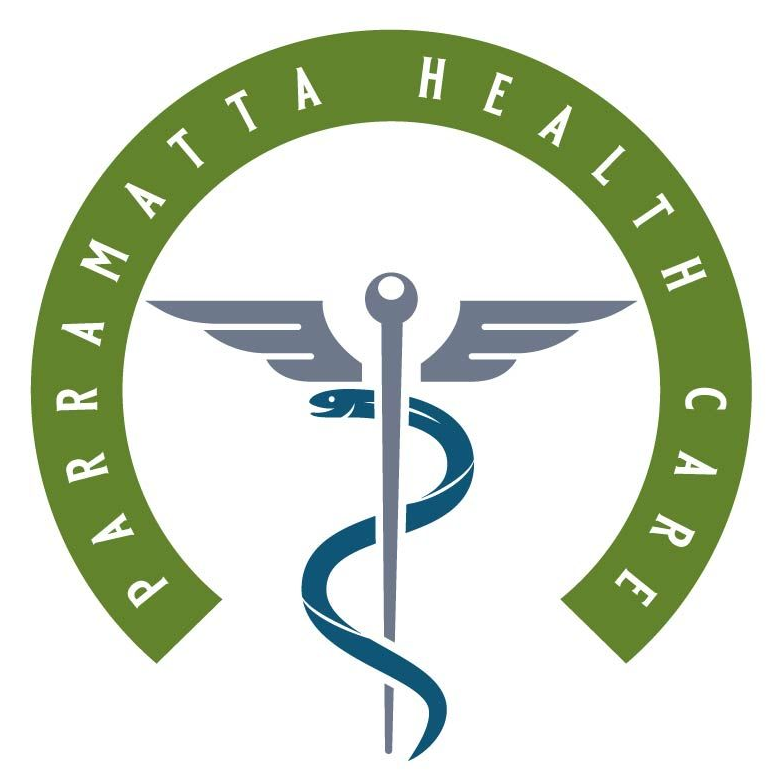Antenatal/Pregnancy Care
Pregnancy Care
Pregnancy care, including antenatal and postnatal care, is essential to ensure the health and well-being of both mother and baby. It promotes a safe and healthy pregnancy, supports emotional and mental preparation for childbirth, and provides education and guidance for caring for a newborn. Our clinic offers comprehensive, evidence-based pregnancy care tailored to your individual needs, from pregnancy confirmation through to postnatal follow-up.
Antenatal Care
What is Antenatal Care?
Antenatal care, also known as prenatal care, is the regular medical and nursing support recommended for women during pregnancy. It includes check-ups, screening tests, and counselling to monitor both maternal and foetal health. Early detection and management of potential complications are central to ensuring a healthy pregnancy and safe delivery.
Our GPs work closely with obstetric specialists and hospitals, providing coordinated care and timely referrals when required.
Why is Antenatal Care Important?
Antenatal care allows for:
- Early detection and management: Identifying conditions like gestational diabetes, pre-eclampsia, or hypertension.
- Routine monitoring: Regular blood tests, ultrasounds, and screening to track maternal and foetal wellbeing.
- Education and preparation: Guidance on nutrition, exercise, labour, breastfeeding, and postpartum care.
- Emotional reassurance: Reducing anxiety by offering consistent support and information.
- Better health outcomes: Lower risks of preterm birth, low birth weight, and complications.
- Personalised relationships: Building trust with your doctor, which is particularly valuable in complex or high-risk pregnancies.
What to Expect During Pregnancy?
Pregnancy brings physical and emotional changes that differ for every woman. Common symptoms may include:
- Nausea and vomiting
- Fatigue
- Breast tenderness
- Mood changes
- Cravings or aversions
- Constipation or indigestion
- Back pain and swelling
- Skin changes and weight gain
Regular check-ups help manage these changes safely while providing reassurance about the baby’s growth and development.
Tips for a Healthy Pregnancy
- Start antenatal care early
- Eat a balanced diet
- Take prescribed prenatal vitamins
- Avoid alcohol, smoking, and drugs
- Stay active with safe exercise
- Get adequate rest
- Manage stress with relaxation strategies
- Follow your doctor’s advice
Possible Pregnancy Complications
Although most pregnancies progress smoothly, complications can occur. These may include:
- Miscarriage or ectopic pregnancy
- Gestational diabetes
- Preterm labour
- Placental abruption
- Pre-eclampsia
- Stillbirth or congenital abnormalities
- Group B streptococcus infection
- Postpartum haemorrhage
Regular antenatal visits and screening reduce risks by allowing early detection and intervention.
Antenatal Screening and Counselling
Screening is an important part of antenatal care. Tests may include:
- First trimester screening (11–14 weeks): Blood tests and ultrasound for chromosomal abnormalities.
- Second trimester screening (15–20 weeks): Multiple marker screening for Down syndrome, trisomy 18, and neural tube defects.
- Combined screening: Results from both trimesters to provide a more accurate risk assessment.
If results show increased risks, further diagnostic testing and genetic counselling may be recommended. Counselling ensures parents understand results, available options, and possible next steps.
Postnatal Care
What is Postnatal Care?
Postnatal (postpartum) care refers to the support provided to mother and baby after birth. This includes physical recovery, emotional well-being, newborn health monitoring, and education for ongoing care and support.
Why is Postnatal Care Important?
- Tracks the mother’s recovery from delivery
- Monitors the baby’s growth, feeding, and development
- Identifies and treats complications such as infections, bleeding, or postpartum depression
- Provides breastfeeding guidance and newborn care education
Benefits of Postnatal Care
- Early detection of postpartum complications
- Support for emotional health and adjustment to motherhood
- Assistance with infant feeding and bonding
- Ongoing vaccinations and health checks for the baby
Possible Postnatal Complications
- Postpartum depression or anxiety
- Excessive bleeding (haemorrhage)
- Infections
- Blood clots
Tips for Healthy Recovery After Birth
- Follow your doctor’s recovery plan
- Rest and prioritise self-care
- Seek help from family and friends
- Attend all scheduled check-ups
- Eat nutritious foods and stay hydrated
- Avoid smoking, drugs, and excess alcohol
Family Planning
What is Family Planning?
Family planning helps individuals and couples make informed choices about having children. This includes contraception, fertility support, pregnancy counselling, and menstrual health management.
Our Family Planning Services
- Contraception counselling: Pills, condoms, patches, long-acting methods (implants, IUDs), emergency contraception, and permanent options.
- Fertility awareness: Education on ovulation and menstrual cycles.
- Preconception health checks: Vaccinations, blood tests, and lifestyle advice.
- Pregnancy options counselling: Support for unplanned pregnancies.
- Menstrual management: Options to regulate heavy, painful, or irregular periods.
Benefits of Family Planning
- Greater autonomy and choice
- Safer, better-spaced pregnancies
- Improved maternal and child health outcomes
- Support for reproductive health conditions such as PCOS or endometriosis
Why Choose Our Clinic for Pregnancy Care?
- Experienced practitioners: Our doctors and nurses are skilled in maternal and child health.
- Personalised care: We tailor advice and support to your individual needs.
- Coordinated support: Close collaboration with obstetricians, midwives, and hospitals.
- Accessible services: Convenient appointments and ongoing follow-up.
- Whole-person approach: Focus on physical, emotional, and mental well-being.
When to Book a Pregnancy Appointment?
Book an appointment if you are:
- Planning a pregnancy
- Suspecting or confirming you are pregnant
- Already pregnant and needing routine care
- Postpartum and requiring check-ups or contraception
Early consultation ensures safe, supportive care for both mother and baby throughout the entire journey.
